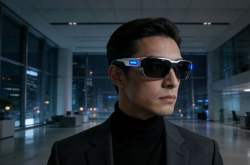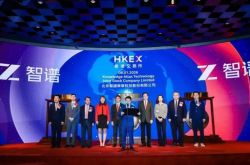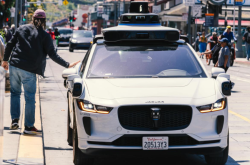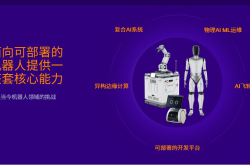Reversal? Can Musk and OpenAI reconcile?
![]() 06/17 2024
06/17 2024
![]() 652
652
Detective of Baker Street
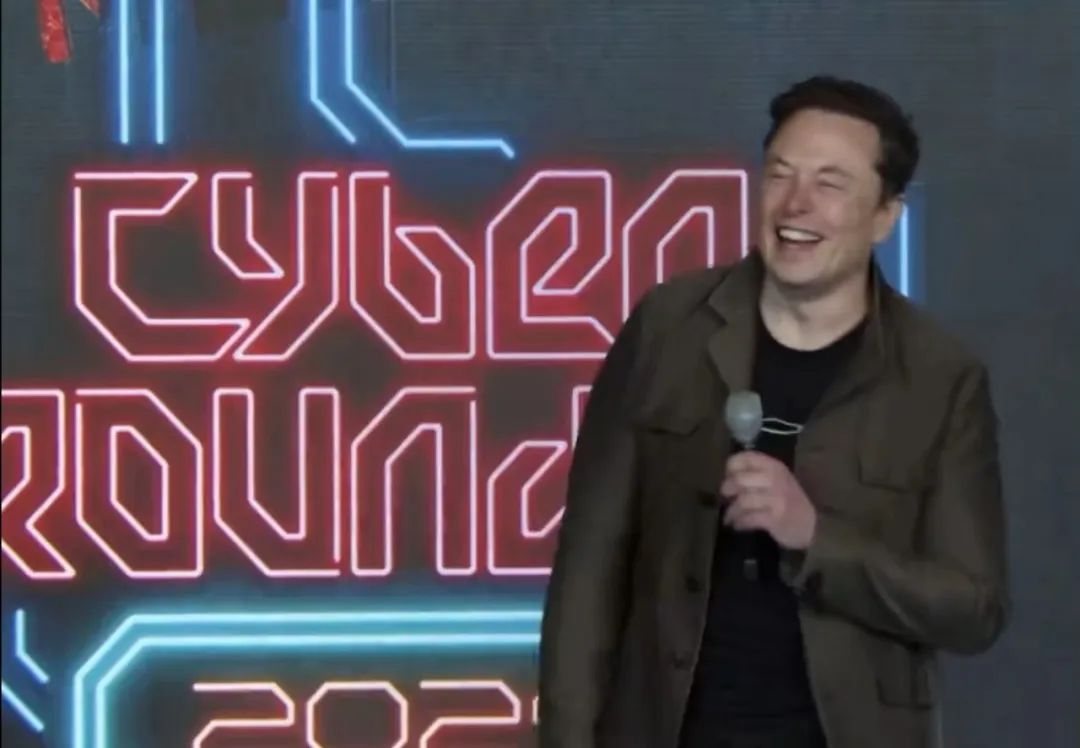
Author
Bao Kemeng
Musk's Final Speculation on OpenAI
In the first week after the holiday, the happiest person might be Tesla's boss, Musk, as he finally received the salary that had been owed for nearly 6 years, amounting to 56 billion US dollars, equivalent to 400 billion yuan.
This is because Musk signed a CEO performance incentive plan similar to a gambling agreement in January 2018, including a series of seemingly unachievable business goals at the time, specifically 12 market capitalization milestones and achieving profitability. Nowadays, all these seemingly impossible goals have been achieved, and Musk has finally recovered his "performance." Additionally, it is rumored that after receiving his salary, Musk plans to relocate Tesla to Texas, which is seen as the silent rebellion of the richest man in the world.
At the same time, Musk announced a complete ban on Apple devices due to Apple's integration of ChatGPT, but the next day he voluntarily withdrew the lawsuit filed against OpenAI and its co-founders Sam Altman and Greg Brockman. Within 48 hours, Musk's attitude changed drastically, raising curiosity about whether Musk has reaccepted OpenAI and its ChatGPT.
On June 10, local time, Apple announced its partnership with OpenAI, integrating ChatGPT services, allowing Apple users to use ChatGPT through Siri, and assuring customers that user data will not be tracked. After receiving the news, Musk publicly stated that Apple lacks the ability to independently develop artificial intelligence and that using ChatGPT with Apple users will inevitably leak user information to OpenAI, and Apple has no ability to protect user information security once OpenAI obtains it.
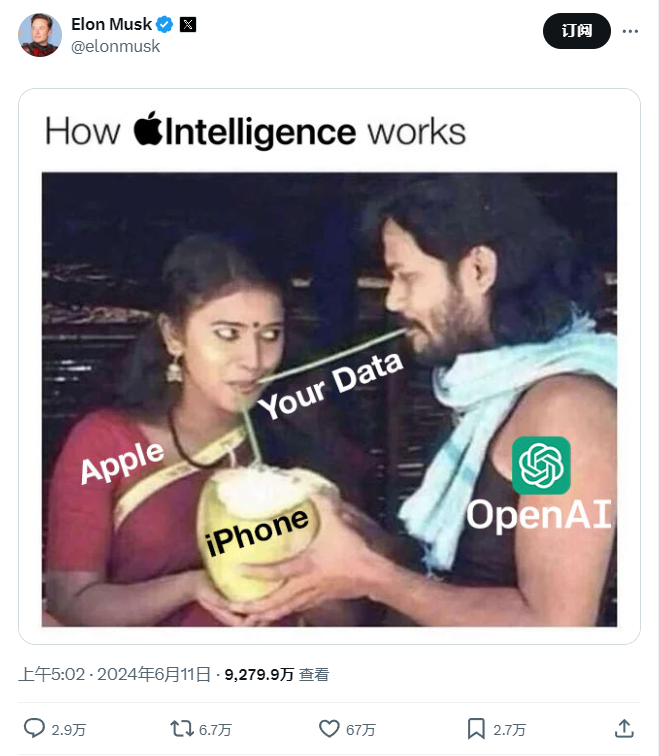
Although Apple has repeatedly emphasized that there is no risk of information leakage, and there are third parties vouching for Apple, stating that "users decide whether to approve enabling ChatGPT based on requests from Apple devices, and OpenAI has no access to the device." However, this level of explanation is far from convincing to the general public. From a technical perspective, Musk's concerns are entirely justified and necessary, as it is almost a consensus in the industry that third-party platforms are uncontrollable, as expressed by network security expert Li Tiejun in an interview with the "Daily Economic News".
On the surface, Musk's ban on Apple devices appears to be motivated by data security considerations, but in reality, it still hides Musk's disputes with OpenAI. Otherwise, Musk would not have filed a lawsuit against OpenAI only to withdraw it unconditionally.
In fact, further observation of this lawsuit reveals that Musk does not seem to have sufficient confidence in achieving his demands. Earlier reports quoted the views of Nilay Patel from The Verge, pointing out some issues with Musk's lawsuit: Musk directly accused OpenAI of violating a non-existent contract. This is not the same thing! The complaint mentioned a "founding agreement" but did not attach such an agreement as evidence. The breach of contract claim acknowledged that the "founding agreement" was essentially an atmosphere that everyone heard about in some emails.
If this is to be inferred, Musk's lawsuit was more of an expression of attitude or simply an emotional outburst, and withdrawing the lawsuit was simply the culmination of his emotional宣泄.
01
Musk's Love-Hate Relationship with OpenAI
The main reason Musk sued OpenAI is that he believes OpenAI and its CEO Sam Altman, among others, have deviated from their original entrepreneurial intention of "developing artificial intelligence for humanity, not money." Musk knows Altman and others' original intention for founding OpenAI because he was a co-founder of OpenAI until he was kicked out of the company by Altman and others in 2018, after which he founded his own AI startup "xAI".
One evening at the end of 2015, Musk had dinner with Ilya Sutskever, who was from Google Brain, and Greg Brockman, the chief technology officer of Stripe, a Silicon Valley electronic payment startup. They reached a consensus to "build a new generation of AI labs that are not controlled by any profit-making organization or individual."
Nowadays, this seems like an impossible dream. Non-profitable enterprises cannot sustain themselves for long and will inevitably reach the brink of bankruptcy. To sustain themselves in the long run without profitability, they inevitably need to obtain a steady stream of cash flow, and the person providing this cash flow will, to some extent, influence the fate of the company, which is contrary to the original vision of the founders.
When OpenAI was first established, all sectors believed that Musk could bring AI experts to the company and set up a larger data pool to collaborate with OpenAI. At the same time, Tesla under Musk's name and Y Combinator, a startup incubator under Brockman, would share data with OpenAI, helping OpenAI rapidly enhance its strength and achieve the goal of competing with giants like Facebook and Google.
However, as OpenAI developed and Tesla's demand for AI technology in its self-developed autonomous driving technology grew, the two gradually developed contradictions. On OpenAI's official website, it is clearly stated that Musk once hoped to merge OpenAI with Tesla and take full control of OpenAI. When other shareholders of OpenAI opposed, Musk decided to start his own business.
In the subsequent years, Musk's disputes with OpenAI continued until recently, when OpenAI's self-developed ChatGPT became popular, and Musk began to increasingly want to return to the core layer of OpenAI, but unfortunately, he has not been able to fulfill his wish.
Subsequently, Musk directly stockpiled 10,000 graphics cards and founded his own AI startup xAI, declaring that xAI focuses on developing real, capable, and advanced AI systems that maximize the interests of all humanity. The company's mission is to understand the true nature of the universe and announce the development of Grok, a chatbot competitor to ChatGPT.
Earlier, the world's richest man, Musk, raised a B-round financing of 6 billion US dollars for xAI, which is generally believed by the outside world to be a mere purchase of graphics cards, as current large models are becoming more complex and demanding higher computational power. In an on-site audio chat in April this year, Musk publicly stated that the company would need 100,000 NVIDIA H100 graphics cards to train Grok 3.0, but the current number is only 20,000.
To solve the computational power issue faster, Musk approached Larry Ellison, a former Tesla board member and co-founder of Oracle, who helped Musk take over Twitter, now known as the "X" social media platform. It is rumored that currently, xAI is the largest user of Oracle's H100 graphics cards, with a usage of around 15,000. The development process of Grok has thus entered the fast lane, and if 100,000 cards are trained simultaneously in the future, it is bound to achieve remarkable results, and catching up with ChatGPT is only a matter of time.
Moreover, given the previous split of OpenAI's current management team, Joseph Tsai, co-founder and chairman of Alibaba Group, recently publicly stated at the 20th Global China Summit of JPMorgan Chase, a US investment bank, held in Shanghai, "Although Microsoft has established a close partnership with OpenAI, their independent status means that they are highly likely to part ways in the future."
Although Tsai's prediction can only be verified by time, there are indeed unknown disagreements behind OpenAI's current prosperity.
02
Mixed Blessings for OpenAI
Before Musk's Grok catches up with ChatGPT, ChatGPT's industry position is unshakable. Recently, OpenAI's smooth development has given the management team great confidence, and it officially announced the restart of its robotics team at the end of May.
According to public information, OpenAI currently has over 100 million active users and cooperates with official or organizational partners from different countries and regions. For example, Albania is using OpenAI's tools to accelerate its accession to the EU by 5.5 years; DigitalGreen has reduced the cost of agricultural extension services by 100 times by building on OpenAI, thus helping to increase the income of farmers in Kenya and India; Lifespan, the largest healthcare provider in Rhode Island, uses GPT-4 to simplify its surgical consent forms from college-level reading to 6th-grade level; Iceland is using GPT-4 to protect the Icelandic language.
This partnership with Apple is widely believed to accelerate the promotion of AI phones, helping mobile phone users complete creative work faster and more conveniently through their phones, significantly improving their user experience and work efficiency.
Referencing products that have also integrated OpenAI's large models, in March this year, Figure, a US robotics startup funded by OpenAI's internal venture capital fund, released a product demonstration video powered by OpenAI's large models. In the video, Figure 01 robots can rely on OpenAI's large models to engage in human conversation, understand human instructions, and complete basic tasks such as fetching items and hanging laundry.
Guojin Securities stated that the video released by FigureAI's official account demonstrated the specific capabilities that Figure01 can achieve after being equipped with OpenAI, which is beneficial for humanoid robots to solve general-purpose needs at an early stage, further increasing the probability of mass production. On this basis, OpenAI restarted its robotics team, recruiting a large number of related practitioners and attempting to further train large models through collaborations with other companies to improve model efficiency.
However, contrary to the expansion of the robotics team, the company has undergone a series of personnel changes since last year. Although OpenAI claims that Musk's allegations are "fictitious," the billionaire is not the only one who has questioned OpenAI's leadership and direction, and it has even affected the company's stability to some extent.
First, in 2023, a high-profile leadership crisis at OpenAI led to Altman's temporary expulsion from the company, apparently due to concerns expressed by several board members about the risks of artificial intelligence. After several days of turmoil and intervention by Microsoft, OpenAI's main investor, Altman resumed his position, and industry analysts described it as a victory for those seeking to commercialize AI technology.
Recently, several high-profile OpenAI security leaders have left the company, with several of them publicly claiming that the company prioritizes rapid product launches over safety. A few weeks later, the company announced the formation of a new committee responsible for making recommendations to the company's board regarding safety and security.
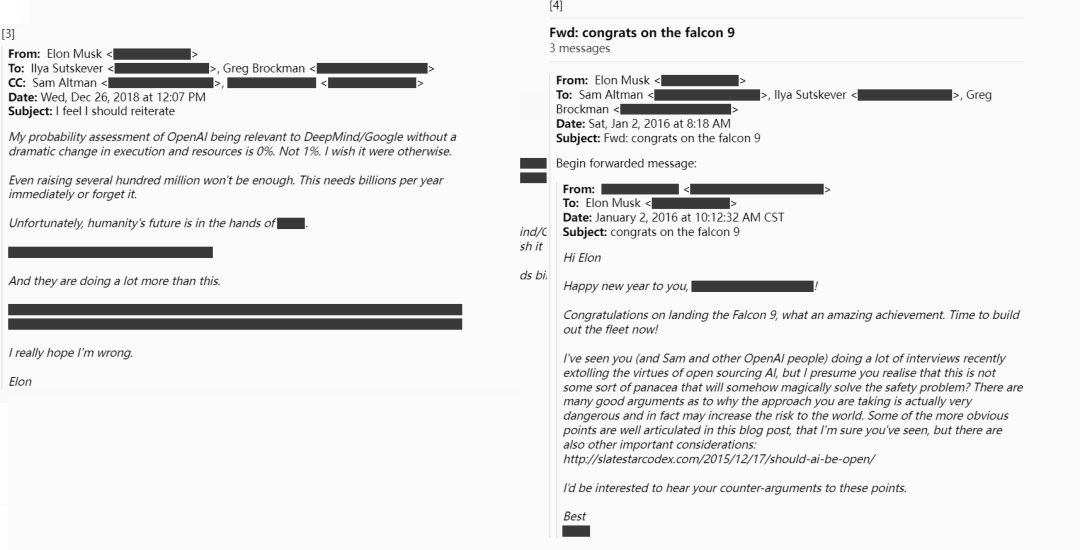
Faced with various doubts from society, OpenAI is still developing rapidly. As for whether the company's future will fail as Musk hopes or if Musk's views are all wrong, as Altman and others claim, only time will tell.
© THE END
This article is for sharing and learning purposes only and does not constitute any investment advice.

